Click to read the article in Turkish
The Eastern Mediterranean tensions between Turkey and Greece, as well as France, have been rising for a while with reciprocal statements. The countries are escalating the crisis every day in order not to leave the potential energy sources to others.
A turning point in the energy exploration in the region was when Israel began exploring large hydrocarbon reserves in the Eastern Mediterranean in 2009. What happened after that and we have become focused on the Eastern Mediterranean throughout the summer?
Ankara accused Atina of "not keeping its word" after it signed a deal with Egypt. It has issued successive Navtex alerts for the Oruç Reis seismic vessel. While Greece strongly reacted to this, France has started increasing its presence in the Eastern Mediterranean. Moreover, the two countries have started a military trade process.
Now, all eyes are on the European Union leaders summit on September 24-25. Amid these developments, bianet tries to view the crisis from different angles by interviewing people from both sides.
For the first part of our series of articles, we spoke with Greece's previous foreign minister Georgios Katrougalos
As quoted by CNN, President of Greece Katerina Sakellaropoulou said on her country's procurement of fighter jets from France that "Not only to send a message but if you want to have peace, you must always be better prepared for war — some ancient Greeks said that we have to be prepared for everything."
I am not sure about the accuracy of this quotation. I think none of our peoples –neither here nor in Turkey- wants a war. Of course, in order to have peace, one should avoid all kinds of aggressive activity, including threats of use of violence and unilateral moves, such as we have seen by the Turkish side. The only way to build healthy relations between states is to base them on international law.
Do you think both governments (Turkey and Greece) use that crisis as a show of force both internationally and internally?
Well, of course, I don't approve of that kind of behavior, foreign policy should not be used for internal consumption. Unfortunately, I have seen recent statements of Turkish officials that are clearly destined for the domestic audience. It is true that our countries have a difference to resolve: the delimitation of their economic maritime zones. We can do that by restarting the explanatory talks without threats and in case of failure go together to the International Court of Hague.
What are the main mistakes of countries in this crisis?
The biggest mistake should be to believe that projection of force could resolve the issues rather than risk making them worse. As I said before, only peaceful dialogue and respect for international law could offer a solution.
And the year is 2020, do you think how long will it take to end the conflict between two neighbors?
I am optimistic that sooner or later we can resolve our difference, that our two peoples can live together in peace and friendship. When SYRIZA was in government, Alexis Tsipras visited Turkey four times, in order to promote a positive agenda. In December 2017 when President Erdoğan became the first President to visit Greece after 65 years, Alexis Tsipras said: Greece is turning a new chapter and leaving the economic crisis behind- this is a chance to turn a new chapter in our relations. Unfortunately, President Erdoğan did not take this opportunity to restart talks.
Today, the first step towards a similar perspective would be the restart of exploratory talks without threats. (PT/VK)




.jpg)
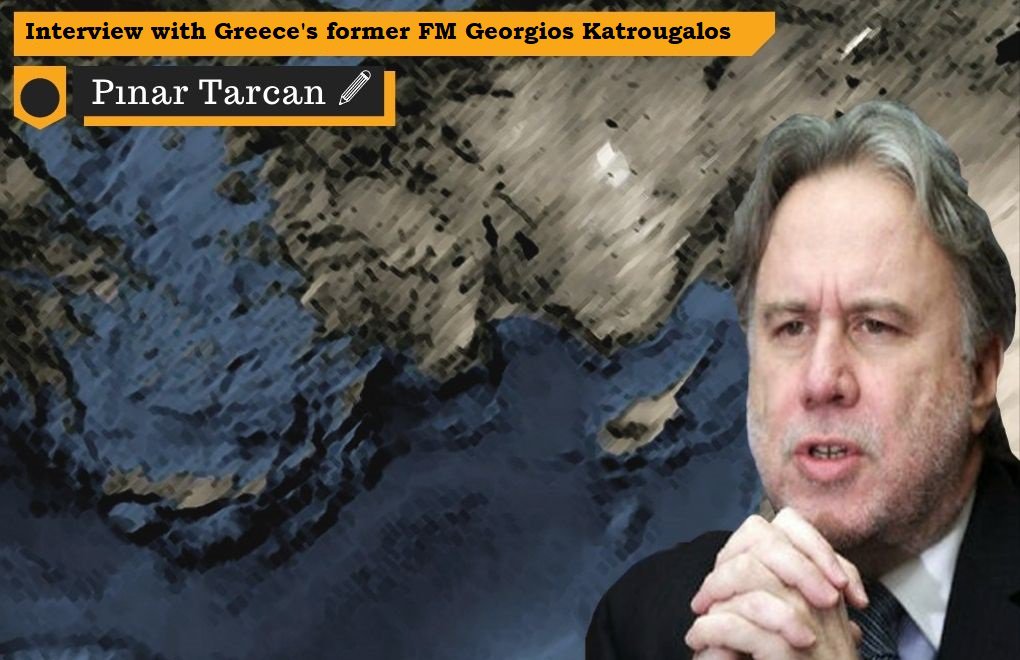
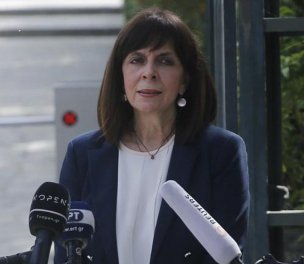
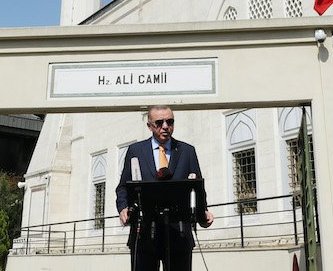
-132.jpg)
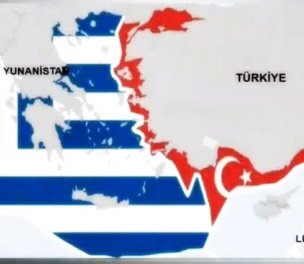


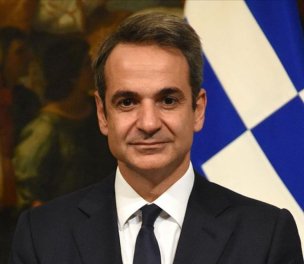
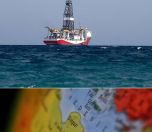

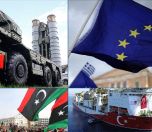


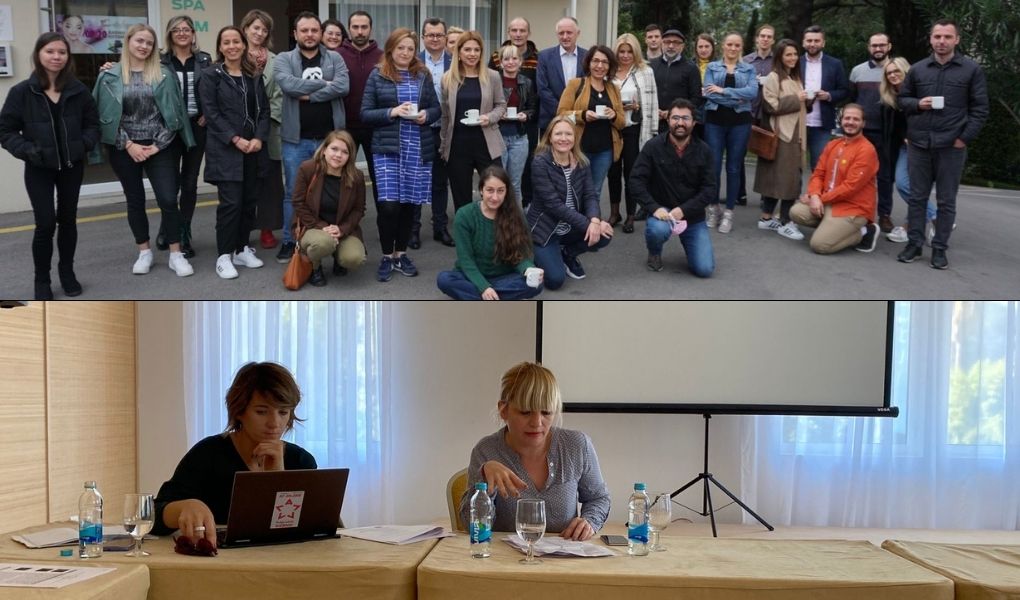

.jpg)